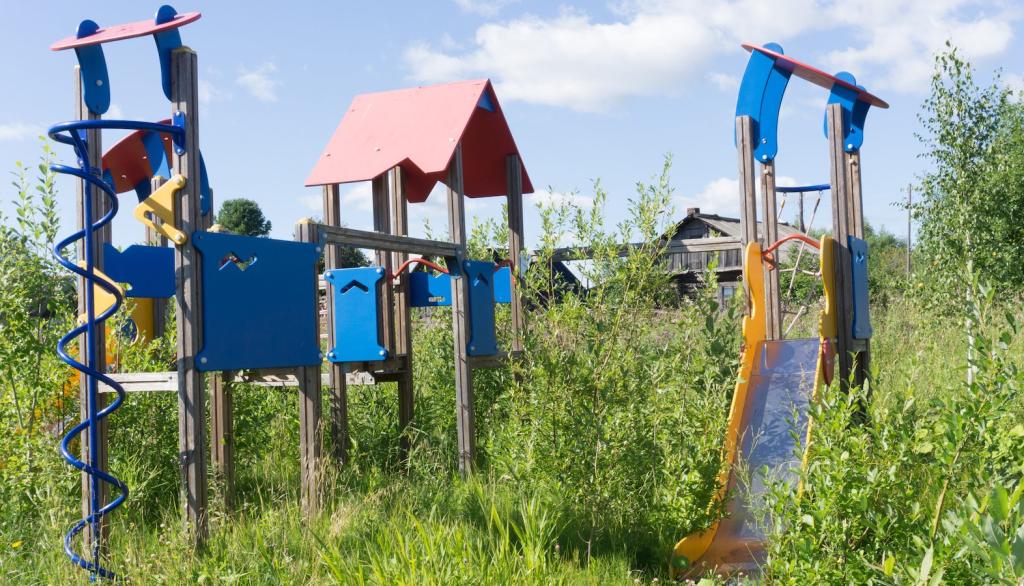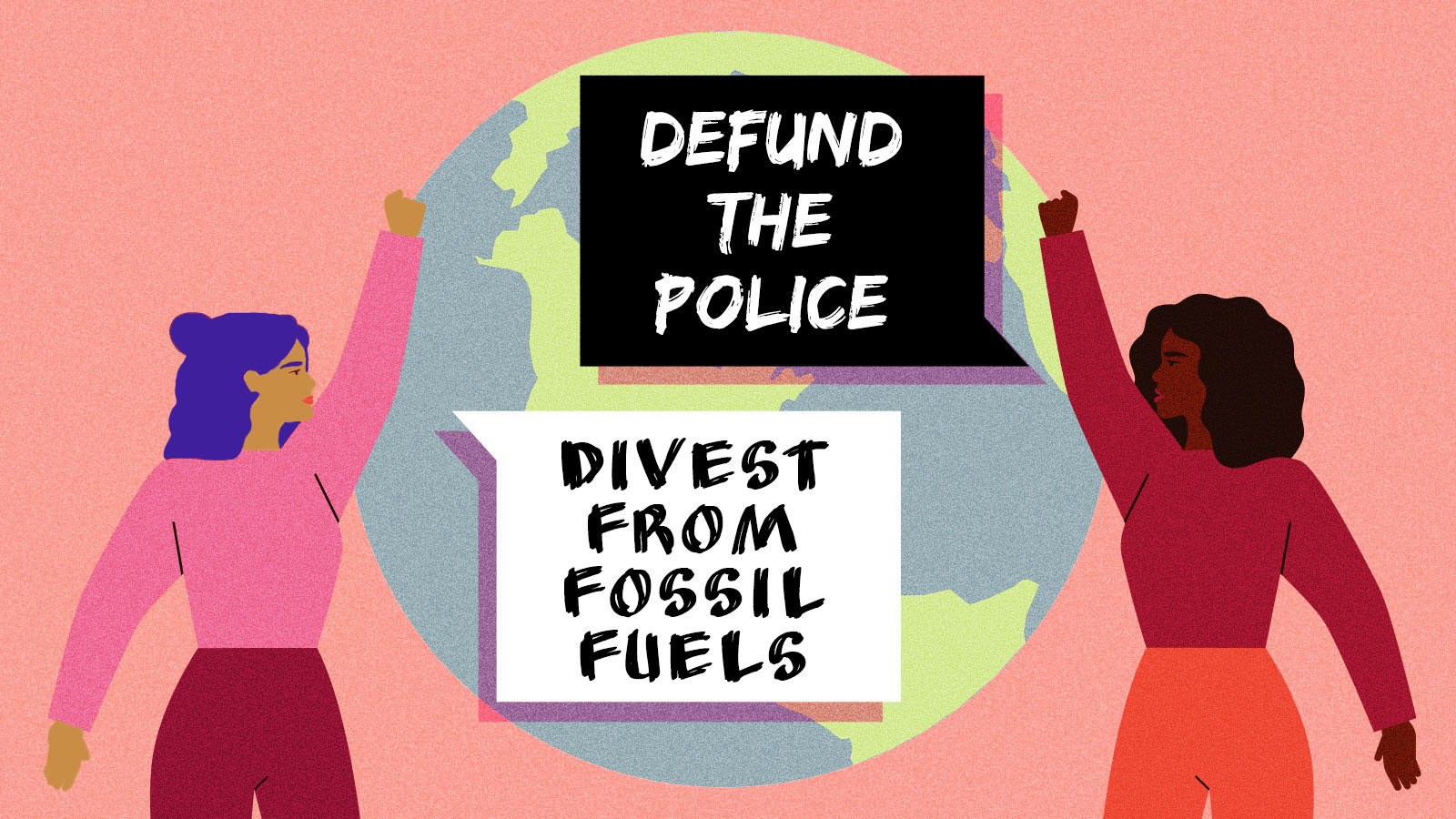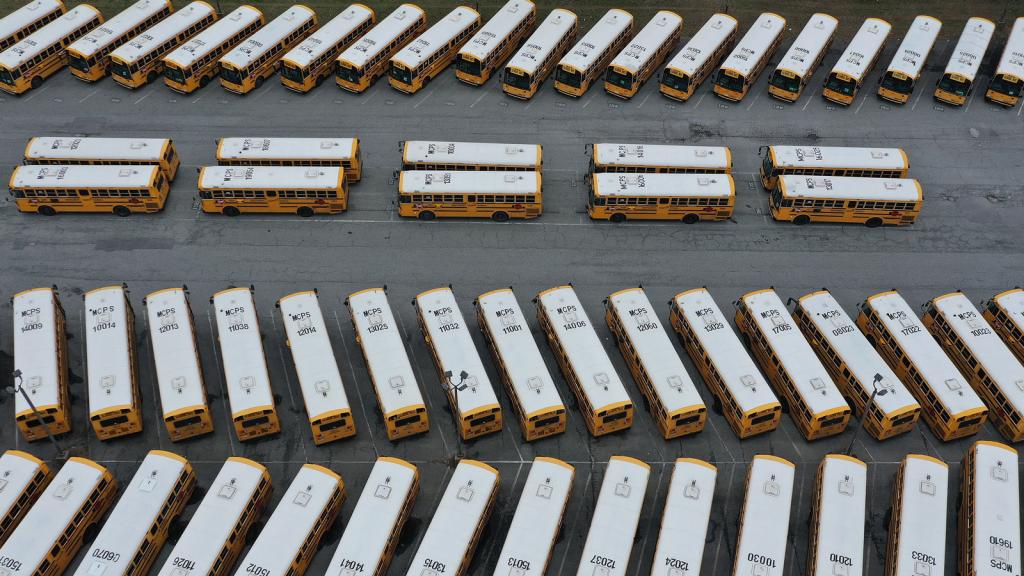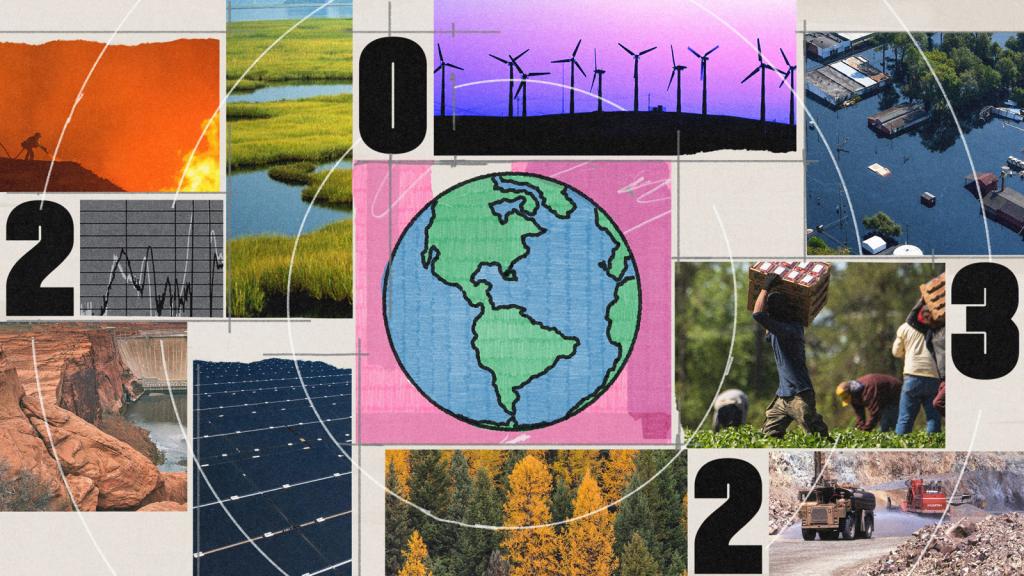Tamara Toles O’Laughlin is an advocate for people and planet and the North America director for the global climate campaign 350.org.
In dozens of cities across America, the streets have been packed with protests about the murder of George Floyd and the long history of police violence against Black men, women, and children. The pain and anger are visceral. Floyd’s death is yet another example of how Black life can be taken without pause — and not just because we are in a pandemic. These demonstrations speak loudly to the ongoing racial injustices that have suffocated Black people for generations — the same factors driving how many Black and brown communities bear a disproportionate portion of the world’s burden of pollution and the worst impacts of climate change.
And yet, legacy factions of the climate movement have not adequately or consistently stood in solidarity with Black-led efforts to stem the systemic causes of harm to Black communities, nor have many incorporated a racial-justice lens into their work. And that must change now, especially as we hope to rebuild a post-pandemic world. There is no “just recovery” from the coronavirus or the climate crisis without a commitment to dismantling the systems of white supremacy that marginalize and destroy the lives of Black people.
As a Black woman and a leader working with 350.org to end the reign of the fossil fuel industry, the main driver of the climate crisis and environmental injustice, I engage with communities at the center of our mission. I work for people and the planet, and for a future rooted in self-determination and bold solutions to climate change. I work against the erasure of Black bodies and intellectual powers from mainstream narratives and our exclusion from decision-making circles, making us casualties of structural oppression in everyday life.
The reality is that the communities being battered by both the coronavirus and climate are also epicenters of over-policing, incarceration, and state-sanctioned violence. In every aspect of our lives, starting in our mothers’ wombs, we are systematically devalued. Black communities face the long-term effects of environmental racism, intentionally zoned into neighborhoods surrounded by factories, highways, pipelines, and compressor stations. Systemic exposure to toxic fumes has caused higher rates of asthma and disease in Black communities, making us more vulnerable to the coronavirus. This adds a grim familiarity to the death-throw pleas of “I can’t breathe,” made by both George Floyd and Eric Garner while they were choked to death by police in Minneapolis and Staten Island, respectively. Those pleas are the latest in a long line of unmet calls for a shared sense of humanity in the face of white-supremacist violence that has been built into the system itself.
It’s time for strong commitments to racial justice from every corner of the climate movement and those concerned with responding to the climate crisis. Any legitimate push for bold climate action must incorporate racial equity and defend Black people. As we talk about solutions ranging from investments in a Green New Deal to phasing out fossil fuels, we must pair that with disinvesting in systems of white supremacy — including the police — that perpetuate racial injustice.
The call to “defund police” isn’t that much of a stretch from divestment from the fossil fuel industry — a commonly accepted rallying cry in many environmental advocacy circles. Divestment from fossil fuels is seen as a smart response to climate risk. It’s about building a world of solutions, with investments in community care and repair such as green jobs and infrastructure, human health-centered resources, and recovery for those most impacted by the climate crisis. And it’s not just about carbon emissions. Racism is deeply embedded in the business model of the fossil fuel industry. In order to extract resources, there are always “sacrifice zones,” usually Black, Indigenous, or other communities of color that are put in harm’s way and plunged into a violent and multigenerational cycle of economic disinvestment. The history of devastation and the disproportionate impacts of the climate crisis on people of color are well known.
For those reasons and more, we didn’t just call for leaders to regulate the fossil fuel industry, we called for it to be dismantled for the sake of a livable future.
Similarly, calls to defund the police are about reducing the scope, size, and role of ineffective and racist law enforcement in favor of investments in education, healthcare, trauma, healing work, and community solutions. The idea is the same — make way for a world of visionary care by repairing harms caused to the communities made vulnerable by business as usual.
As today’s uprisings move from city to city, I have been cautiously optimistic about the multiracial and multigenerational protestors taking to the streets. They demand justice for George Floyd, Ahmaud Arbery, Breonna Taylor, and Tony McDade, naming several of the many Black people who’ve been killed by police this year alone. Our opportunity in this justice-driven uprising is to completely transform the way we organize around climate solutions and commit to explicitly and permanently addressing systemic extraction, defending Black lives, and dismantling white supremacy.
The future of our planet demands that we recognize inequity and defend our communities against compound injustice. In this moment of grief, we are reminded that the system is not broken, but rather operating as designed — which begs the questions: Are you willing to hold accountable all of the systems built off white supremacy — from the fossil fuel industry to racist policing to the prison industrial complex — in defense of the planet? Are you willing to interrogate your complicity in the systems built on white supremacy and commit to dismantling it?
I certainly hope so. Because the same communities that have been impacted by over-policing, pollution, and fossil fuel extraction need to be at the decision-making table to take action on bold climate policies to ensure that the transition to a renewable-energy economy is just and equitable. It’s time for everyday allyship and solutions rooted in liberation and justice that outlast this latest display of institutional malice against Black communities.
We cannot stay silent. If you care about the climate, neither can you. There are many ways to get involved, whether from home or on the streets, including the upcoming Juneteenth weekend of actions organized by the Movement for Black Lives. Join the movement. Our collective liberation depends on it.



